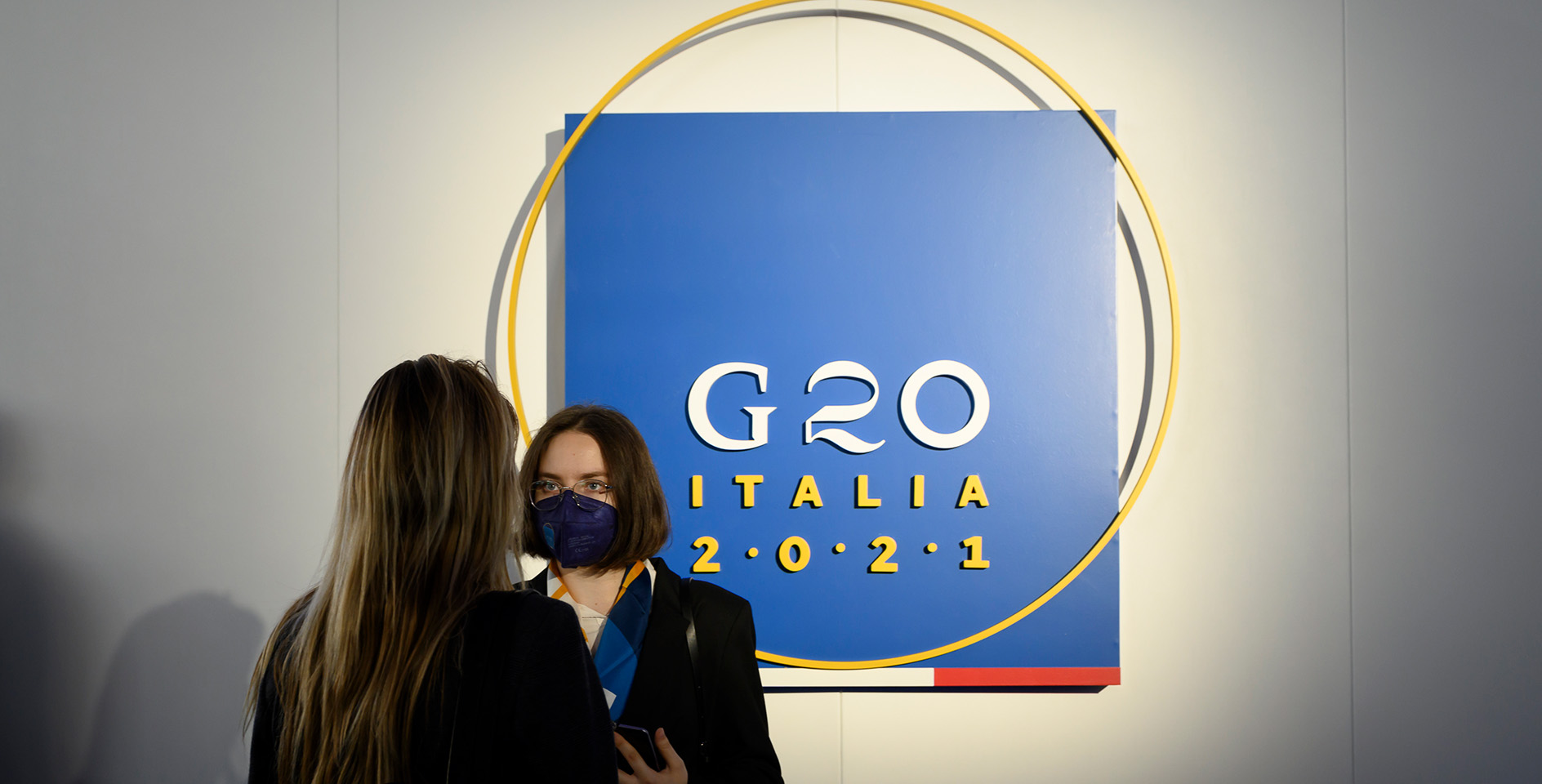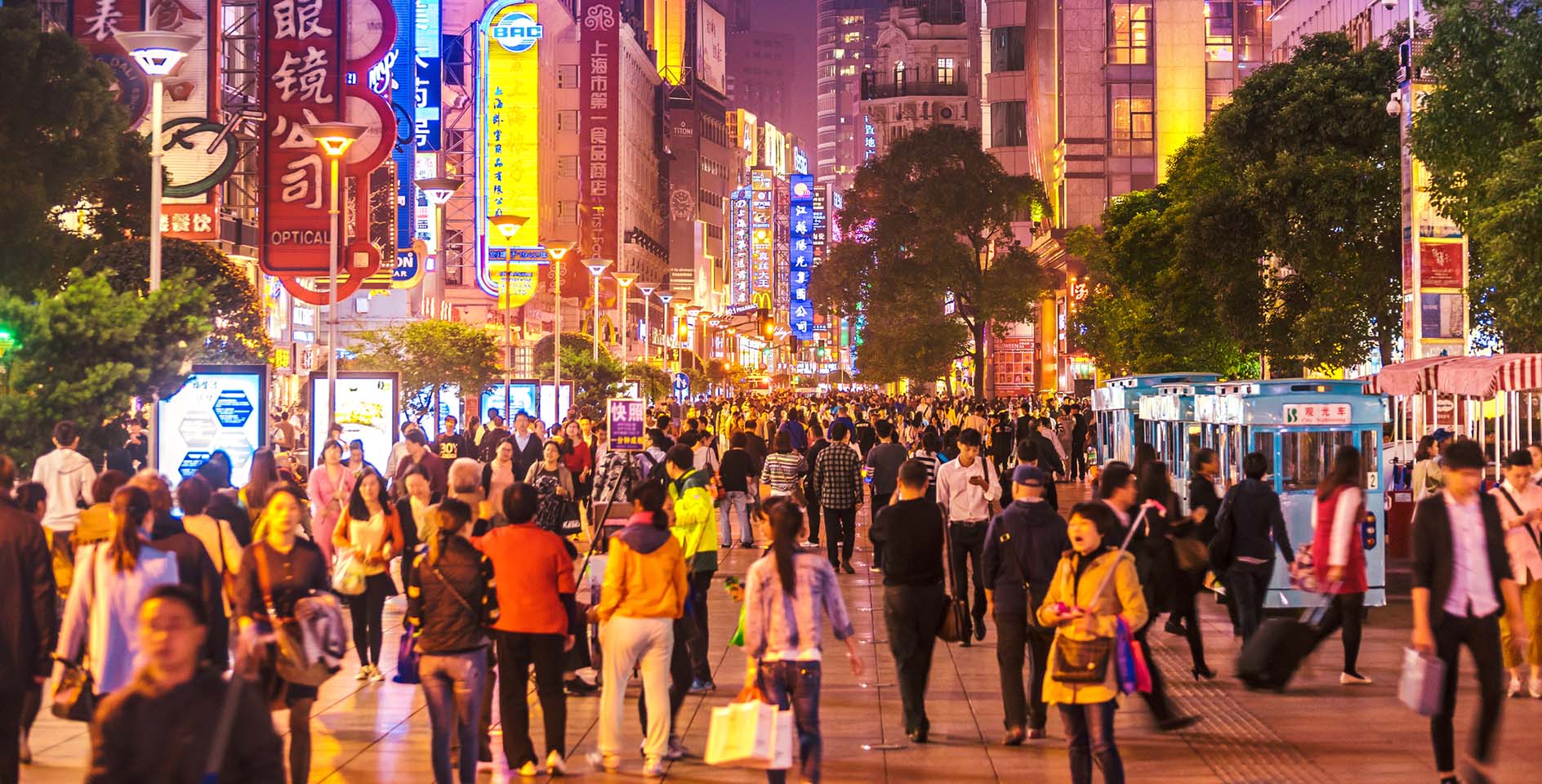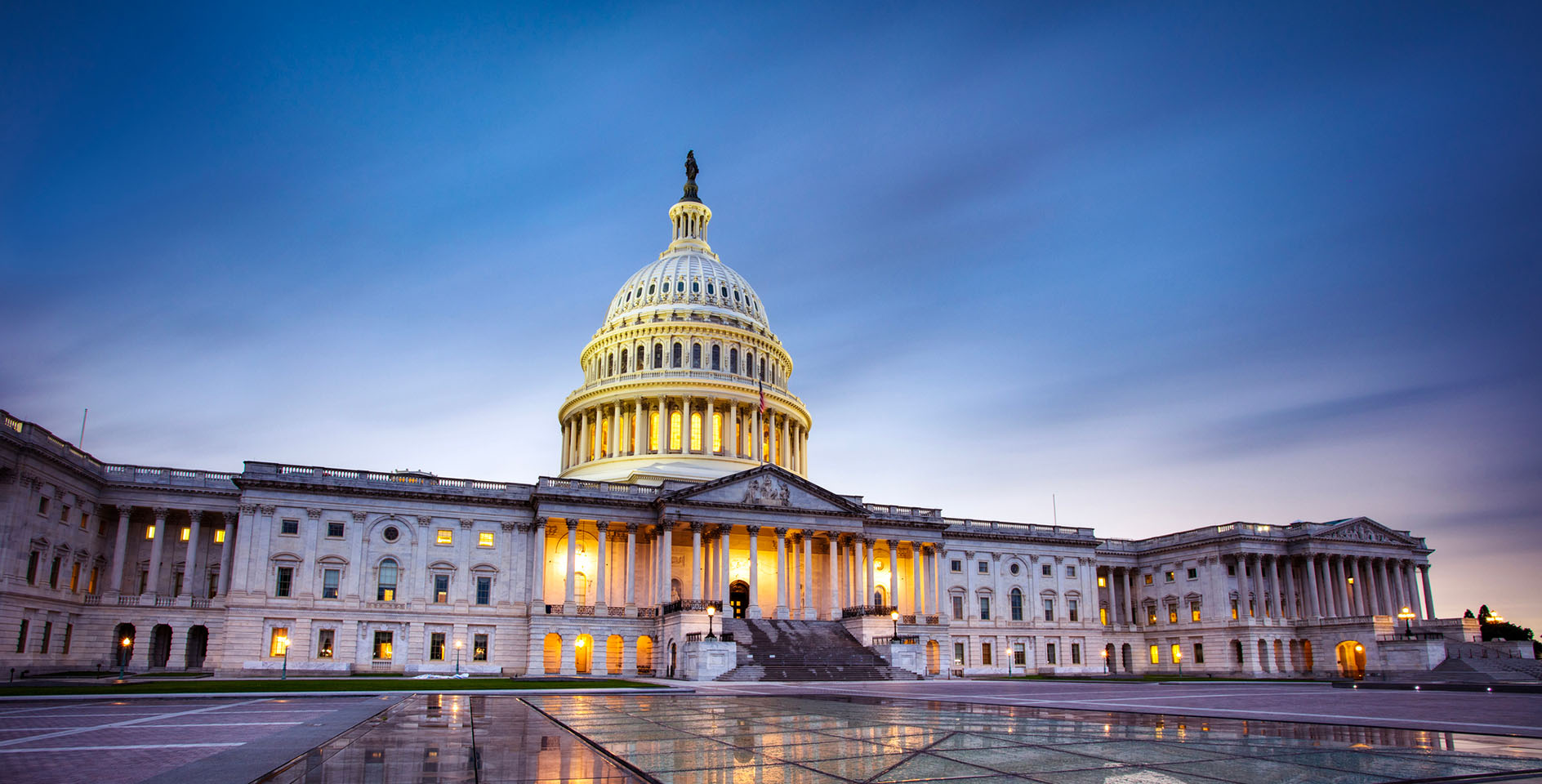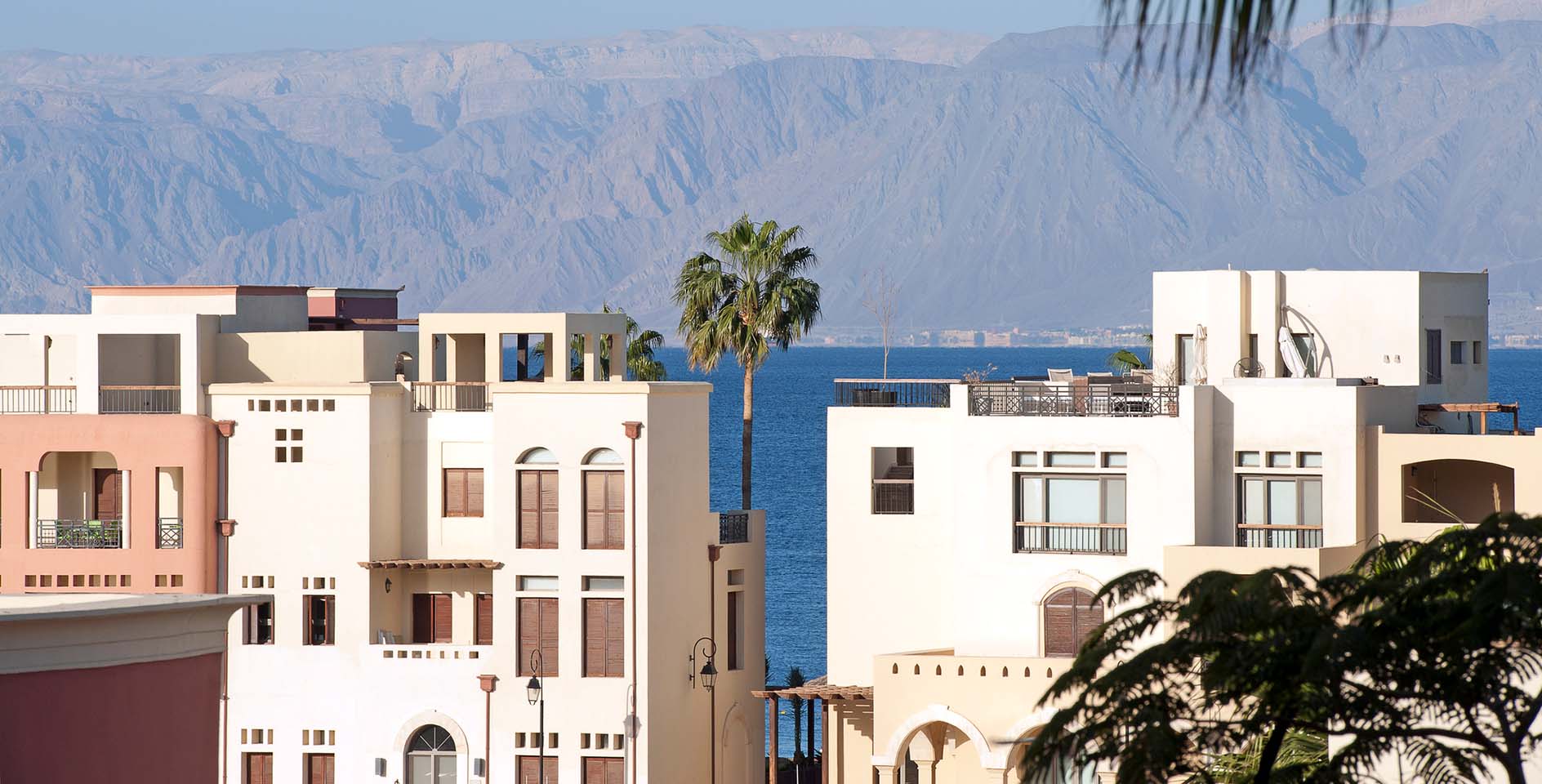President Biden traveled to Rome last week to attend the annual G20 summit, a gathering of leaders from the world’s most powerful nations. Here is what you should know about the influential forum.
What is the G20 summit?
The G20 Summit is an informal forum, held annually, that includes 20 of the world’s major economies, known collectively as the G20, G-20, or Group of Twenty. The G20 was founded in 1999 with the aim of studying, reviewing, and promoting high-level discussion of policy issues pertaining to the promotion of international financial stability. The members of the G20 account for more than 80% of world GDP, 75% of global trade, and 60% of the population of the planet.
What countries comprise the G20?
The G20 includes the European Union (EU) and 19 individual countries: Argentina, Australia, Brazil, Canada, China, France, Germany, India, Indonesia, Italy, Japan, South Korea, Mexico, Russia, Saudi Arabia, South Africa, Turkey, the United Kingdom, and the United States.
Several international organizations also regularly participate in the G20 summits, including the International Monetary Fund (IMF), the World Bank (WB), the Financial Stability Board (FSB), the Organisation for Economic Co-operation and Development (OECD), the World Trade Organization (WTO), the International Labour Organization (ILO), and the United Nations (UN). Each hosting country can also invite other countries, regional organizations, and international organizations to the summit.
Who represents these countries at the summit?
Each country is represented by their head of government, finance minister, and governor of the central bank. The EU is represented by the heads of the European Commission and by the European Central Bank. For the United States, the representatives are President Biden, Secretary of the Treasury Janet Yellen, Federal Reserve Chair Jerome Powel, and United States Trade Representative Katherine Tai.
How is the G20 organized?
The G20 has no permanent staff or organization, but rather rotates annually among the members. Each member is assigned to one of five groups to ensure a “regional balance over time”: Group 1 includes Australia, Canada, Saudi Arabia, and the United States; Group 2 includes India, Russia, South Africa, and Turkey; Group 3 includes Argentina, Brazil, and Mexico; Group 4 includes France, Germany, Italy, and the United Kingdom; Group 5 includes China, Indonesia, Japan, and South Korea.
A revolving three-member management group of past, present, and future chairs, referred to as the “Troika”, ensures continuity. The Troika countries are currently Saudi Arabia, Italy, and Indonesia.
Where is the current G20, and where were they held in the past?
Italy assumed the G20 Presidency for 2021 and will host the Summit of the Heads of State and Government on October 30th and 31st in Rome.
Previous hosts of the G20 Leaders’ Summit were the United States (2008 and 2009), the United Kingdom (2009), Canada (2010), the Republic of Korea (2010), France (2011), Mexico (2012), Russia (2013), Australia (2014), Turkey (2015), China (2016), Germany (2017), Argentina (2018), and Japan (2019). Because of the COVID-19 pandemic, the 2020 summit hosted by Saudi Arabia was held virtually.
What issues were discussed at the summit?
The G20 started in 1999 as a meeting of finance ministers and central bank governors in the aftermath of the Asian financial crisis. Since the global financial crisis in 2008, though, the focus has expanded to include “working to strengthen the resilience of the global financial system and to improve the regulation and supervision of financial market participants, including what is known as the shadow banking system. The aim is to ensure that no financial market, financial market participant or financial product remains unsupervised.”
The summits have traditionally focused on issues relating to financial market regulation, global economic growth, and international trade. But almost anything of global significance that is closely linked with economic questions may be considered. Previous summits have included discussions about climate change, counter-terrorism, development policy, digital technology, migration, and refugee flows.
For 2021, the G20, under the Italian Presidency, will focus on “three broad, interconnected pillars of action: People, Planet, Prosperity.”
On the issue of the climate, these leaders committed to the key Paris Agreement goal of limiting global warming to 1.5 degrees Celsius above pre-industrial levels, pledged action against dirty coal plants, and pledged to reach a target of net zero carbon emissions “by or around mid-century.”
On financial regulation, they approved an agreement that will subject multinationals to a minimum 15% tax as part of an effort to build “a more stable and fairer international tax system.” (This must first be approved by each national legislature, such as the U.S. Congress.)
On the pandemic, they vowed to support the WHO’s goal of vaccinating at least 40% of the world’s population against COVID-19 by 2021 and 70% by the middle of next year.
Despite including in their agenda “protecting the most vulnerable,” the summit will not include discussion of how to deal with the ongoing genocide of the Uyghur people by the Chinese Communist Party or other issues related to religious liberty.






